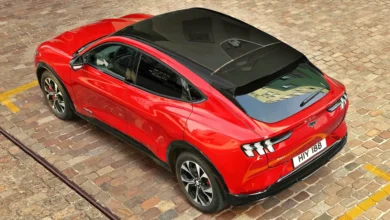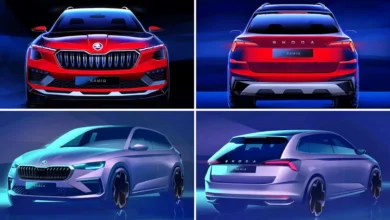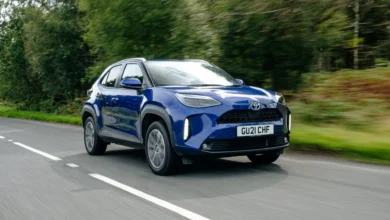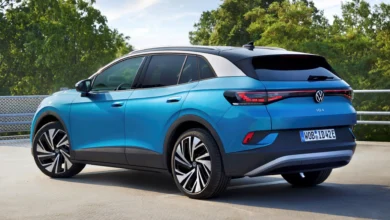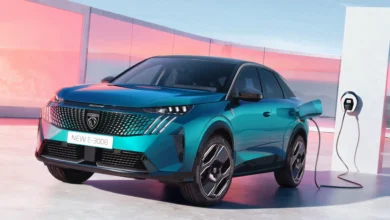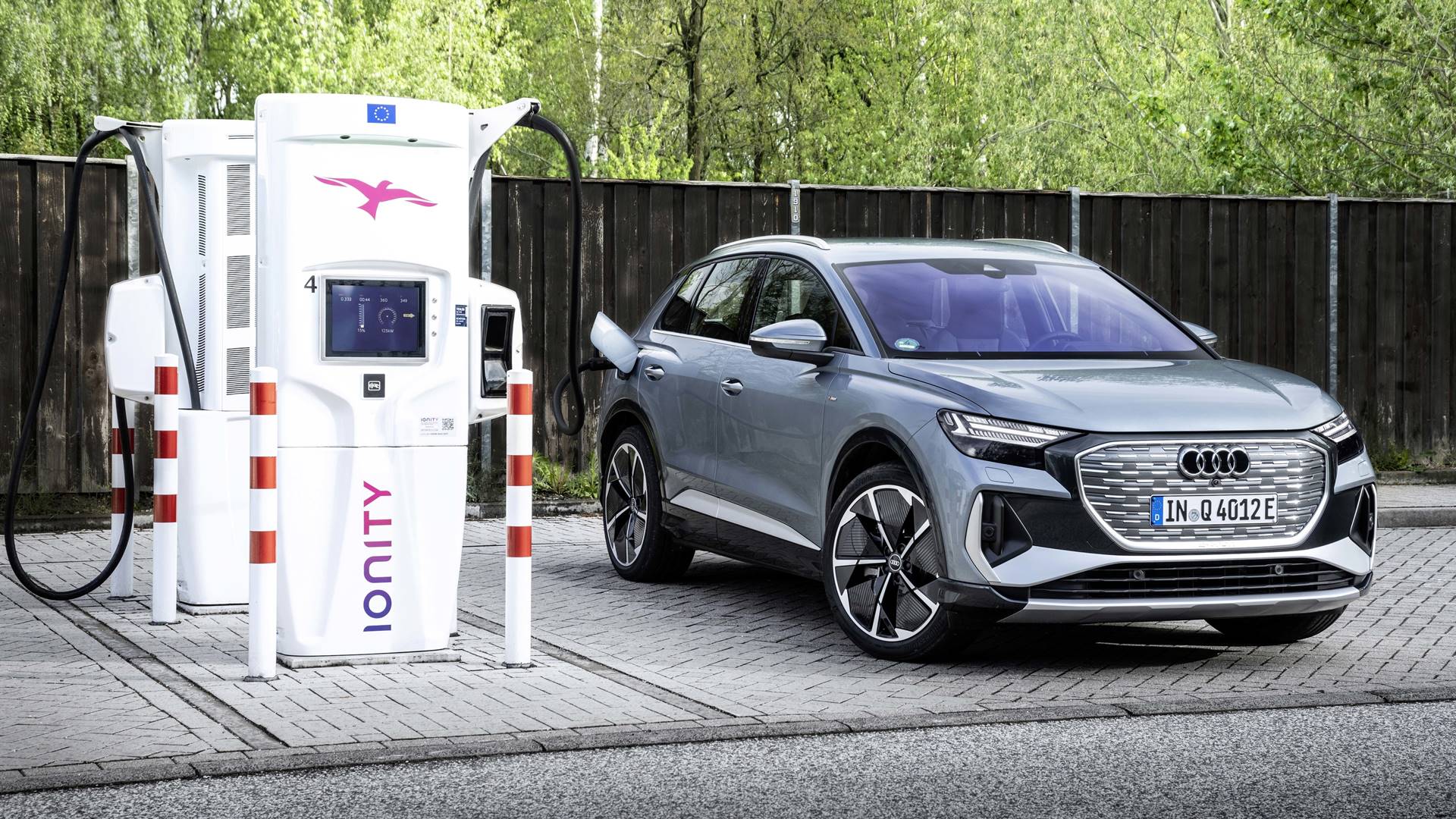
One of the main barriers to the mass adoption of the electric car is its high purchase price compared to mature cars with a combustion engine. A situation that has a lot to do with the cost of batteries, which according to the latest Bloomberg report already has a date to achieve a price that allows it to match that of diesel and gasoline.
The report mentions the production cost of the vehicle taking into account its different components. Then the sale price will depend on many factors that can make it more or less competitive.
One of the most interesting conclusions is that until now it was thought that the key figure to achieve this parity was 100 dollars per kWh. A figure that the study places rather at 80 dollars per kWh in the United States and Europe, which will have to be 60 dollars in less developed markets where the average sale price is usually lower.
Bloomberg’s outlook indicates that battery prices will reach $80/kWh in 2026 and $60/kWh in 2029, down from the $137/kWh they have averaged in 2020.
With this on the table, Bloomberg analysts have designed several scenarios taking into account factors such as the fluctuation in the prices of some components, which has resulted in the fact that even with a rise in the prices of components such as nickel, cobalt, manganese or lithium, electric cars will achieve price parity by 2028 in the most pessimistic case, and by 2025 in the most optimistic scenario.
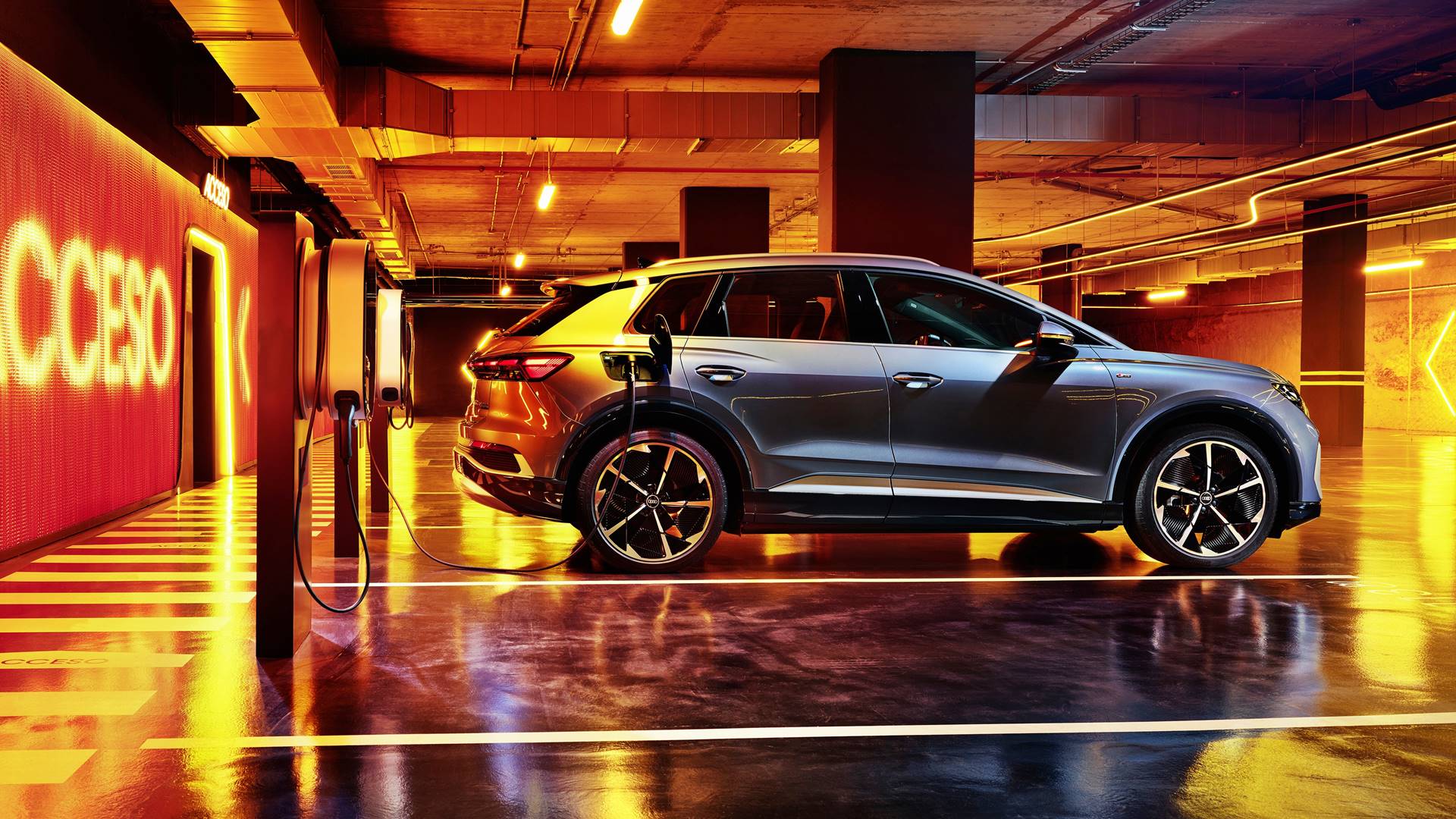
Another interesting part of the report concerns the question of whether dedicated platforms or conversion using platforms already used in combustion models. And it is that many manufacturers are currently launching their new models already on platforms designed from scratch to house electrical systems. Although others are still adapting other shares.
One option is to reuse that, according to Bloomberg, provides advantages in terms of being able to respond quickly to changes in market demand between combustion, electric, and hybrids, benefiting from economies of scale in all of them.
But this option also has negative aspects, such as a shared platform adding costs and making manufacturing more complex. Electric vehicles built on these multi-energy platforms, BNEF analysis shows, will never reach cost parity with combustion.
Most electric car sales in Europe will be in 2028
Interestingly, another report by the consulting firm AlixPartners has indicated that by 2028, electric car sales are expected to exceed 50% share in Europe. A date that coincides with the price parity of the Bloomberg report.
According to estimates, global sales will go from just 8% of sales in 2021 to 33% in 2028, and 54% in 2035.
An adoption that will not be the same in all regions, and for example in Europe the implementation will be even faster, reaching more than half of sales, 55%, already in 2028 and we will even be around 85% in 2035.
Something that will mean that the market will be quite aligned with the European Union’s proposal to ban sales of cars with a combustion engine in 2035, which is being questioned by some states closely linked to the combustion engine.
